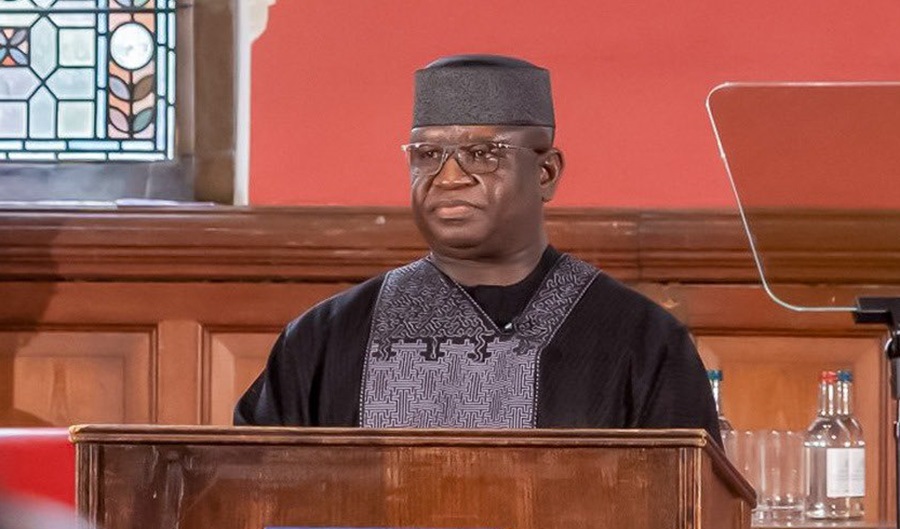The Government of Sierra Leone is facing a growing controversy surrounding alleged “ghost projects” and out-of-budget expenditures, reportedly leading to a suspension of funds from the International Monetary Fund (IMF) and potential financial repercussions from other multilateral agencies.
New Age Newspaper reports that in November 2024, State House authorized a $60 million payment to Pavifort Construction, owned by Alimu Barrie, a businessman with close ties to government’s top officials.
Ministry of Finance insiders claim the funds were disbursed without clear justification, raising suspicions of “ghost projects” – infrastructure spending with no visible results.
It would be recalled that IMF reportedly suspended its 2025 disbursements after an April review found unauthorized spending surges in roads and energy projects, violating fiscal agreements. A staff-level emergency meeting was called to investigate, with future funding—including a pending $300 million package—contingent on corrective action.
The Sierra Leone government in a press release in April, alluded to the IMF’s suspension of funds for 2025 following a meeting with the international body. While not directly confirming the suspension, the government acknowledged “huge out of budget expenditure to roads and energy,” which contributed to the country missing key economic targets for 2024, including Net Credit to Government, Net Domestic Asset, and Net International Reserves.
The IMF, after a review visit from April 1 to 11, 2025, noted that while Sierra Leone’s economy showed signs of strength, with declining inflation and a stable exchange rate, the increased capital spending on infrastructure, particularly roads and energy, had put pressure on government finances.
The IMF and the government reportedly agreed on corrective measures to be implemented by June 2025 to meet targets and unlock further financial support. The government remains hopeful that these measures will bring in over $300 million to support various programs.
However, the alleged payment to Pavifort has intensified the controversy. Pavifort’s Operations Manager, Juel Bernard Lawson, denied receiving $60 million at once but refused to disclose actual sums, insisting payments were tied to verified projects.
The Calabash Newspaper reported on May 27, 2025, that investigations “corroborated by multiple credible sources within both Government and private sector institutions,” found claims of Pavifort receiving over $60 million from the government to be “entirely false and misleading.”
The newspaper stated that such a large single disbursement would be unlikely given the government’s current financial constraints. The newspaper highlighted that Pavifort often pre-finances projects with commercial bank guarantees and is only reimbursed by the government after performance milestones are verified.
Despite the conflicting reports, the allegations surrounding the Pavifort payment come amidst broader concerns about corruption within the Sierra Leonean government. A May 10, 2025 investigation by the Organized Crime and Corruption Reporting Project (OCCRP) accused Sierra Leone’s First Lady, Fatima Bio, and her family of acquiring at least 10 properties in The Gambia worth over $2.1 million.
The OCCRP report raised questions about the source of funds for these acquisitions, given no visible financial means for the First Lady, her mother, or her half-brothers. The report also linked some deals to Alphonso Lakhmee King, a businessman reportedly close to the First Family and a top government contractor.











